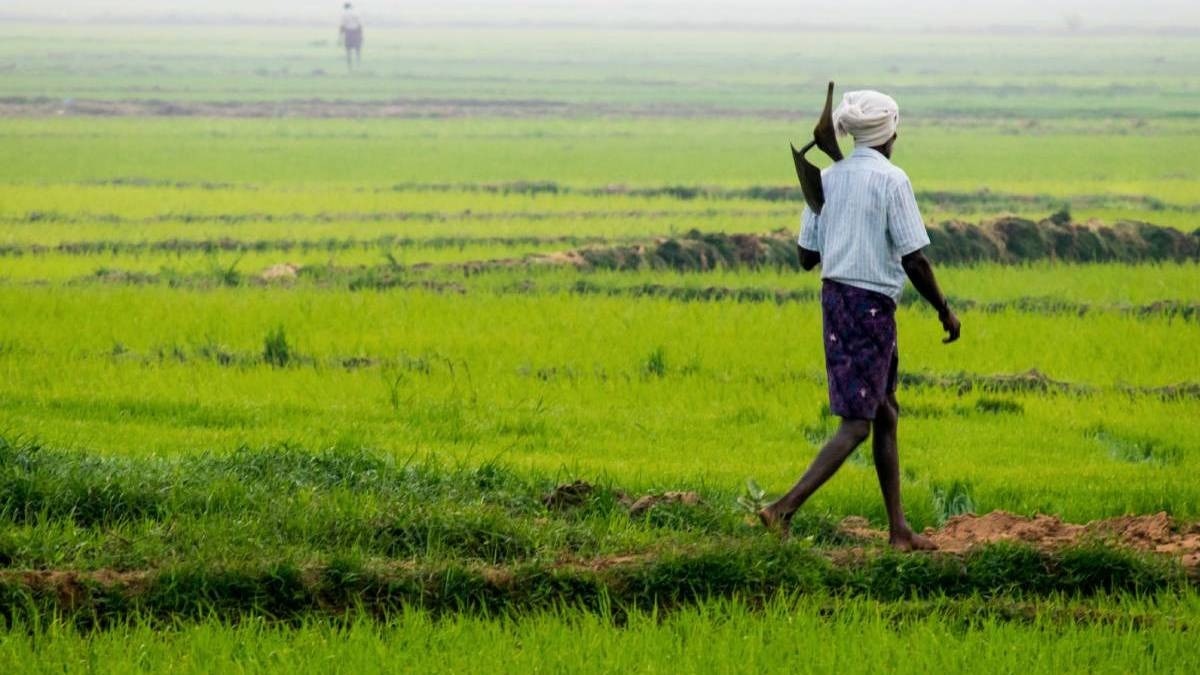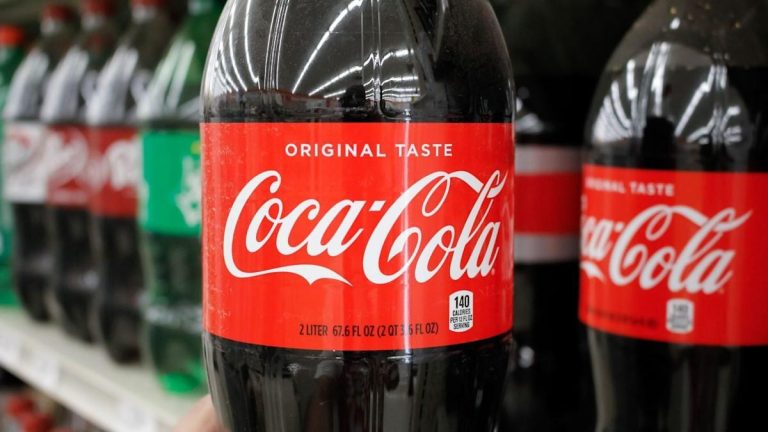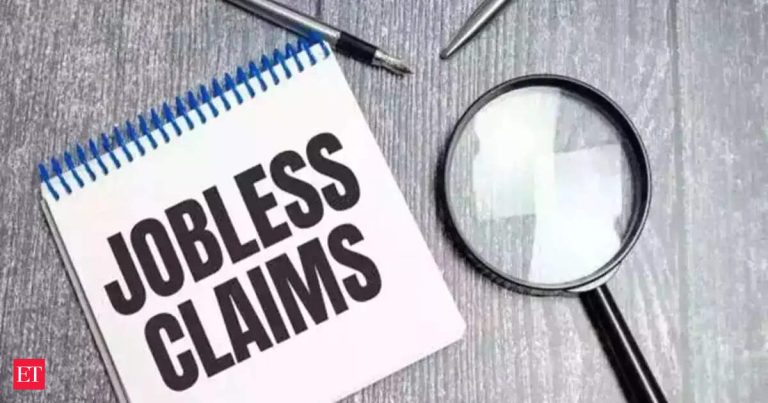Indian farmers are effectively taxed, not subsidised, agriculture economist Dr Ashok Gulati has said, citing international producer support benchmarks and warning that policy distortions continue to suppress farm incomes under the guise of consumer welfare.
Gulati’s response came during a podcast with Groww, where he was asked why farmers in India are not taxed. He said he supports reasonable taxation on all high-income sources, including agriculture, but highlighted the complexity of implementation. “Income from any source—if it is high—it has to be reasonably taxed. I am always for lower rates of taxation and wider base. That is always good in agriculture. The problem is – what is your cost and what is your revenue? How do you estimate that? And that’s a difficult situation.”
The economist then argued that far from being undertaxed, Indian farmers are actually net taxed when all policy distortions are accounted for. “India’s producer support estimate is negative, -14%,” he said. “What does that mean? You give subsidies on inputs—fertiliser, free power, this and that. But at the drop of a hat, you put export bans. You say – private sector cannot hold stocks. You say this cannot go from here to there. So there are Essential Commodities Act provisions which are a draconian 1939 Defense of India rule, then 1955. That should have been thrown out of the window decades back.”
Gulati explained how the Organisation for Economic Co-operation and Development (OECD) calculates Producer Support Estimates by combining input subsidies and output price policies. “For the OECD countries as a whole, the producer support estimate is about 14% of the farm produce. That means whatever is the value of their farm produce, 14% of that is a subsidy or support – largely through output prices, and maybe something on the input prices. China, which used to be almost zero, is again almost crossing the OECD countries. So China is also protecting its farmers today to the tune of 14 to 15%,” he said.
“In contrast, Indian agriculture unlike the Chinese agriculture, unlike the Japanese agriculture, unlike the OECD agriculture, an Indian farmer is net taxed despite all the subsidies you are giving. So this should be kept in mind.”
He also criticised the role of the Food Corporation of India (FCI) in artificially lowering prices. “Today FCI, when it procures, stores and distributes, they are selling in the market at Rs 29 a kg. Its cost of rice is Rs 42 a kg. This is dumping in its own country to suppress the prices. So what are you doing? If it was some other country, then we would have put anti-dumping duty on them. But when your own Food Corporation of India is doing it, you are implicitly taxing the farmers.”
The economist said India’s farm policy is designed with a consumer-first lens. “Onion prices go up, you immediately put a ban and then you forget. When the prices come down—two rupees, four rupees a kg—and the farmers are on the streets, then you wake up. So this export controls, stocking limits, movement restrictions, private sector cannot hold more than this stock, futures are suspended—these are all meant for 1960s and we are following them today.”
Gulati added: “Why are you protecting me when I can buy my car of Rs 30 lakhs and you want onion price (controlled)? It is farmer’s income. Let the market decide that.”
He also pointed out tax evasion by high-income urban professionals misusing agriculture as a legal shelter. “WTO definition says all those who have less than 10 hectares of land are small farmers. You know what is the land ceiling act in India? If it is irrigated land, you cannot have more than 7.5 hectare. So all India is small farmers by our definition. Those who are above 10 hectares are 2.5% of those farmers.”
“But there are many urbanites — I know personally many of the persons — in very good professions, whether doctors, engineers, others, they will buy one acre of land and show all the income is coming from there. So all their cash income is converted into white through showing them agriculture income. So this loophole needs to be plugged.”
He concluded: “Anyone having more than specified income, net income, who are showing as agriculture income, need to be taxed. There is no doubt about that.”
Gulati said he supports wider taxation with lower rates and transparency. “Income from any source — if it is high — it has to be reasonably taxed. I am always for lower rates of taxation and wider base. That is always good, in agriculture too. The problem is, what is your cost and what is your revenue? How do you estimate that? And that’s a difficult situation.”







